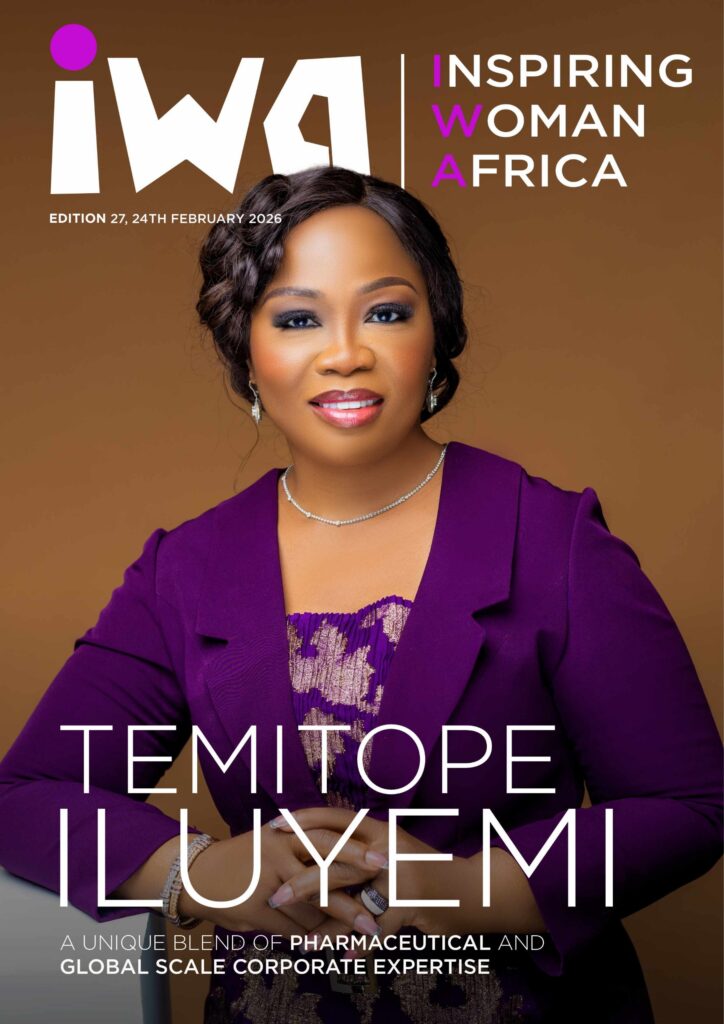
It was a sunny Tuesday afternoon in Lagos when I met Funmi, a vibrant woman in her early 40s. A single mother of two, Funmi runs a thriving catering business that started as a side hustle. Over the years, her passion for cooking and her entrepreneurial spirit transformed her small idea into a respected brand. Today, she’s not just providing for her family; she’s securing her financial future and leaving a legacy.
Funmi’s story is one of countless examples of Nigerian women redefining the concept of wealth in their families. For decades, women have been celebrated as nurturers and caregivers. Now, more than ever, they are stepping into roles as wealth creators, managers, and protectors.
Traditionally, many women took pride in their ability to support their families financially. But the landscape is evolving. Today’s women are not only breadwinners but also wealth builders, ensuring that their contributions lead to long-term financial stability.
Data supports this transformation. According to the AfrAsia Bank Africa Wealth Report 2021, women now control 40% of wealth in Africa, and their economic influence is growing rapidly. Women are not just working hard; they’re working smart—investing, saving, and planning for the future.
Across Nigeria, more women are entering the marketplace and excelling as entrepreneurs. The rise of digital platforms has also created opportunities for women to engage in e-commerce, consultancy, and remote work. With more women gaining access to higher education, they are better equipped to make informed financial decisions.
While societal norms once limited women’s financial autonomy, many women are now challenging those expectations, proving their capability to lead in business and manage wealth effectively.
Women often play a central role in family dynamics, making them natural stewards of wealth. They think long-term, considering how financial decisions will impact children, siblings, and even communities.
One of the most inspiring traits of women wealth builders is their focus on planning. Many women approach wealth with a sense of purpose, ensuring that every naira is allocated thoughtfully.
Take, for instance, Tola, a pharmacist and mother of three. When her father passed away without a will, her family faced a lengthy legal battle over his assets. Determined not to repeat history, Tola decided to set up a family trust and started estate planning early. She also educated her children about money management, ensuring they’re able to carry forward her financial legacy.
More women can build and protect their wealth just like Tola, by understanding the basics of financial planning—such as budgeting, investing, and saving which is the first step and using free online resources, workshops, and books can be great starting points.
Learning to diversify Investments across asset classes by exploring options like real estate, stocks, bonds, and mutual funds can help to spreads risk and increase the potential for growth.
It’s important to embrace collaboration by building a network of advisors, including financial planners, legal experts, and tax consultants. These professionals can guide you in making the best decisions for your wealth.
Beyond building and growing the wealth portfolio, just like Tola, it’s important to consider estate planning to protect your wealth. Create a will, set up trusts, and establish clear instructions for the distribution of your assets. Also educate your children to become responsible wealth owners by teaching them about saving, budgeting, and investing early.
We’ve seen remarkable examples of women driving change in Nigeria and beyond. Think of Folorunsho Alakija, who turned her entrepreneurial spirit into a multi-billion-dollar oil empire. Or Ibukun Awosika, whose leadership as the first female Chairman of the Board at First Bank paved the way for many women in finance. These women remind us that the possibilities are limitless when you take charge of your financial journey.
Wealth is not just about numbers in a bank account. It’s about creating security, fostering growth, and leaving a legacy. Whether you’re just starting your career, managing a business, or nearing retirement, now is the time to take control.
Abiola Adediran is a Family Business Advisor, corporate finance and business strategy expert with nearly 2 decades of work experience that cuts across investment banking, consulting, private equity, wealth and family office management. She is the Founder/Managing Consultant of Midridge International, a pan-African strategy consulting and financial advisory firm. She is also currently a Partner at Genea Family Office.
Latest Posts
-
Feb 24, 2026 Busie Matsiko
-
Feb 24, 2026 Seven Money Moves to Make Today






